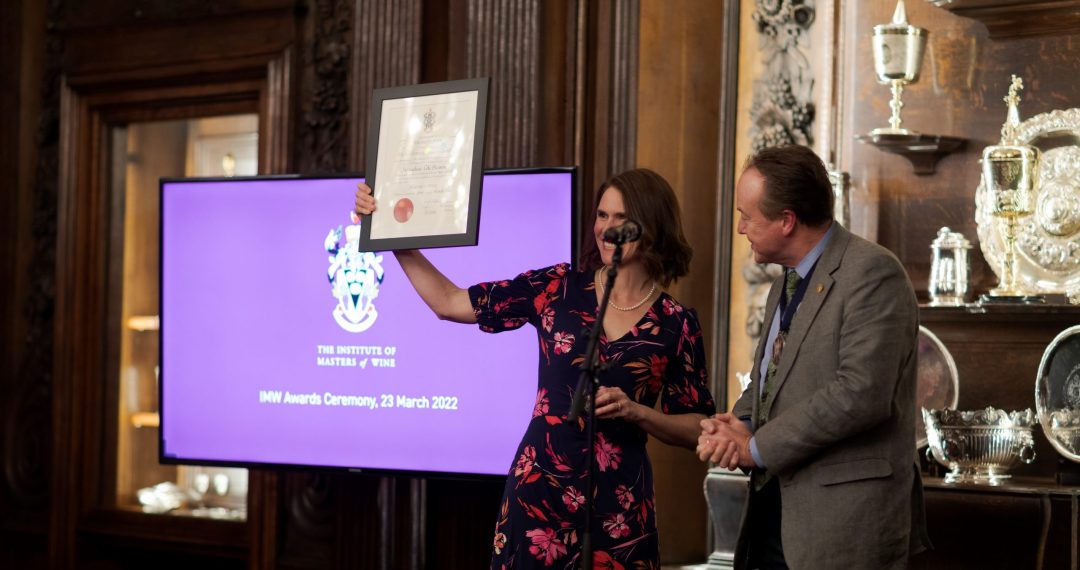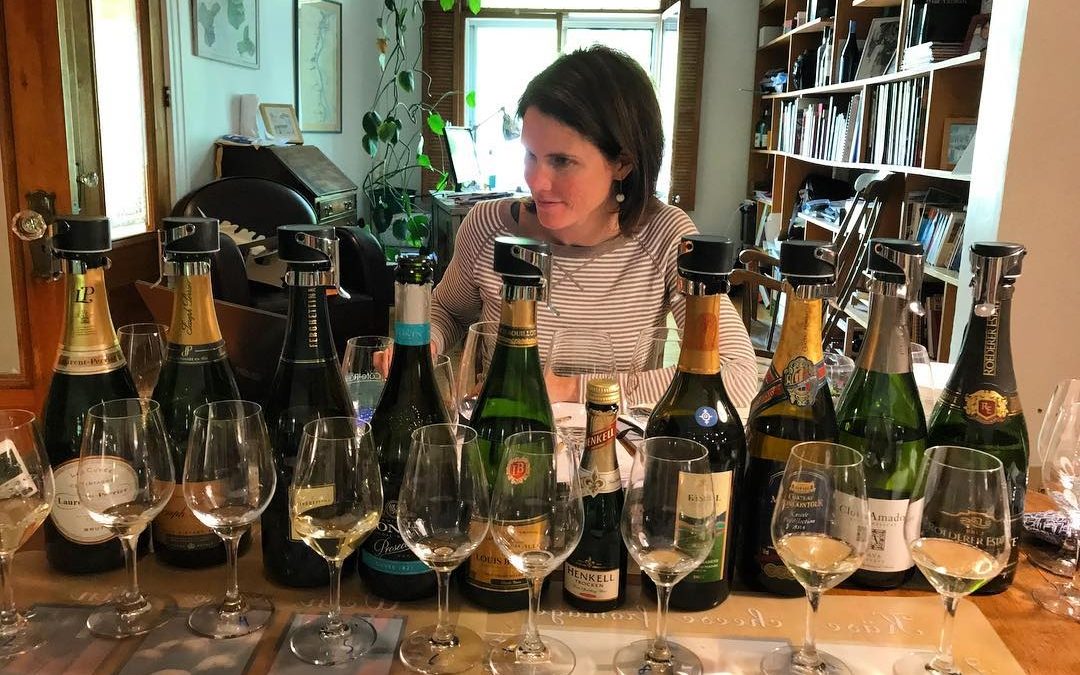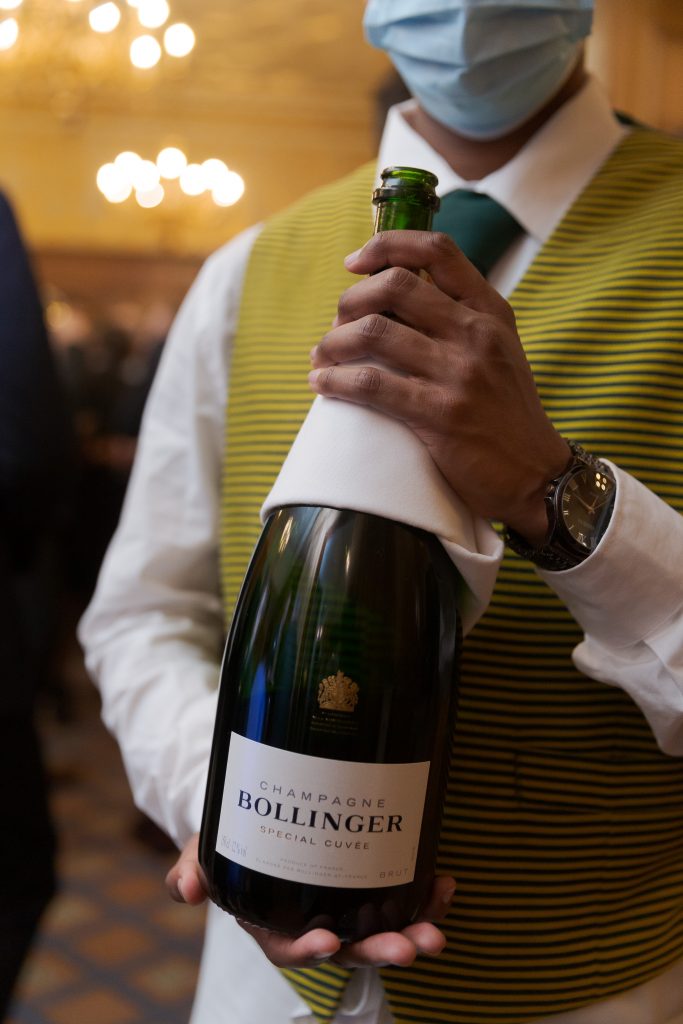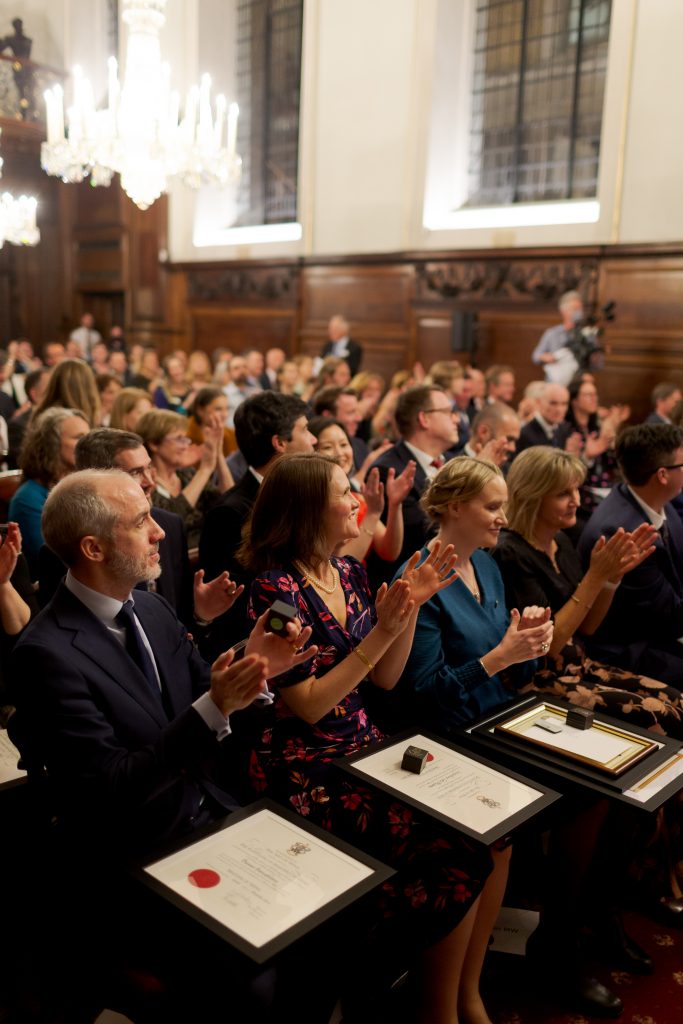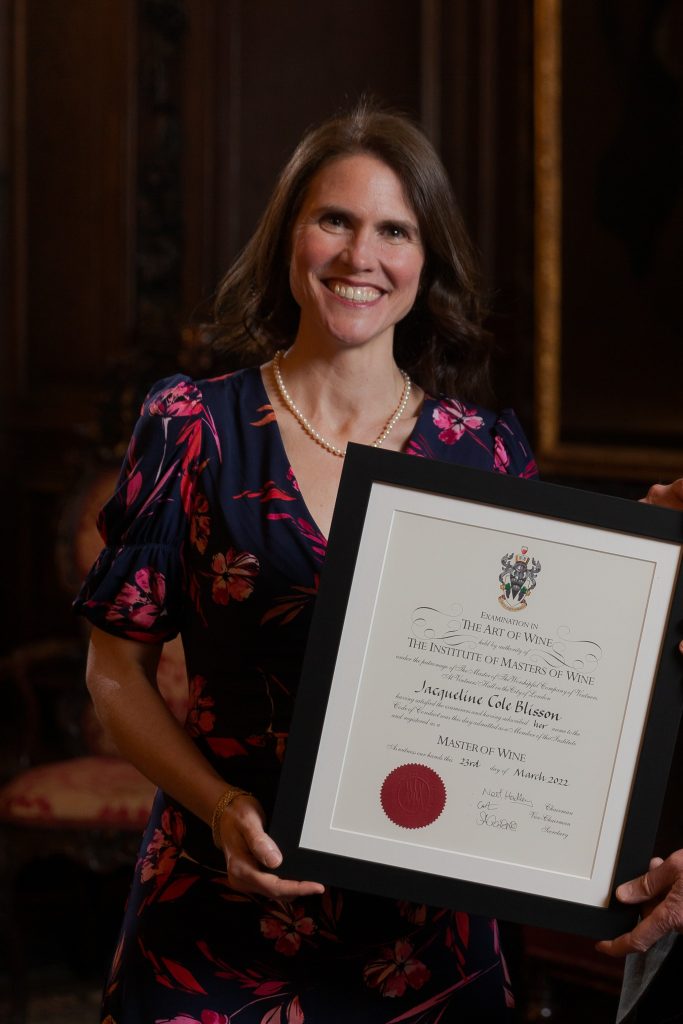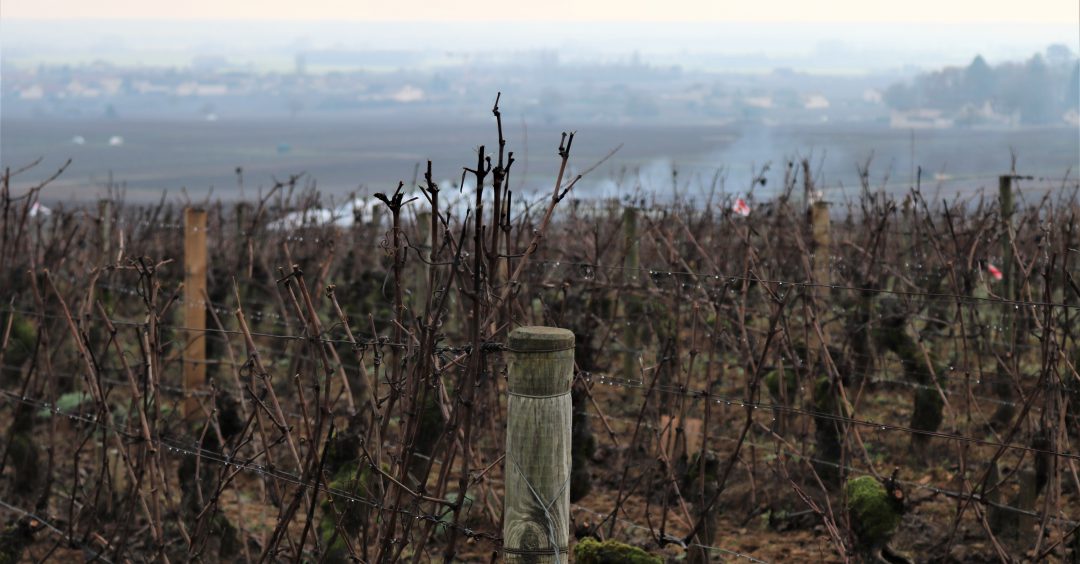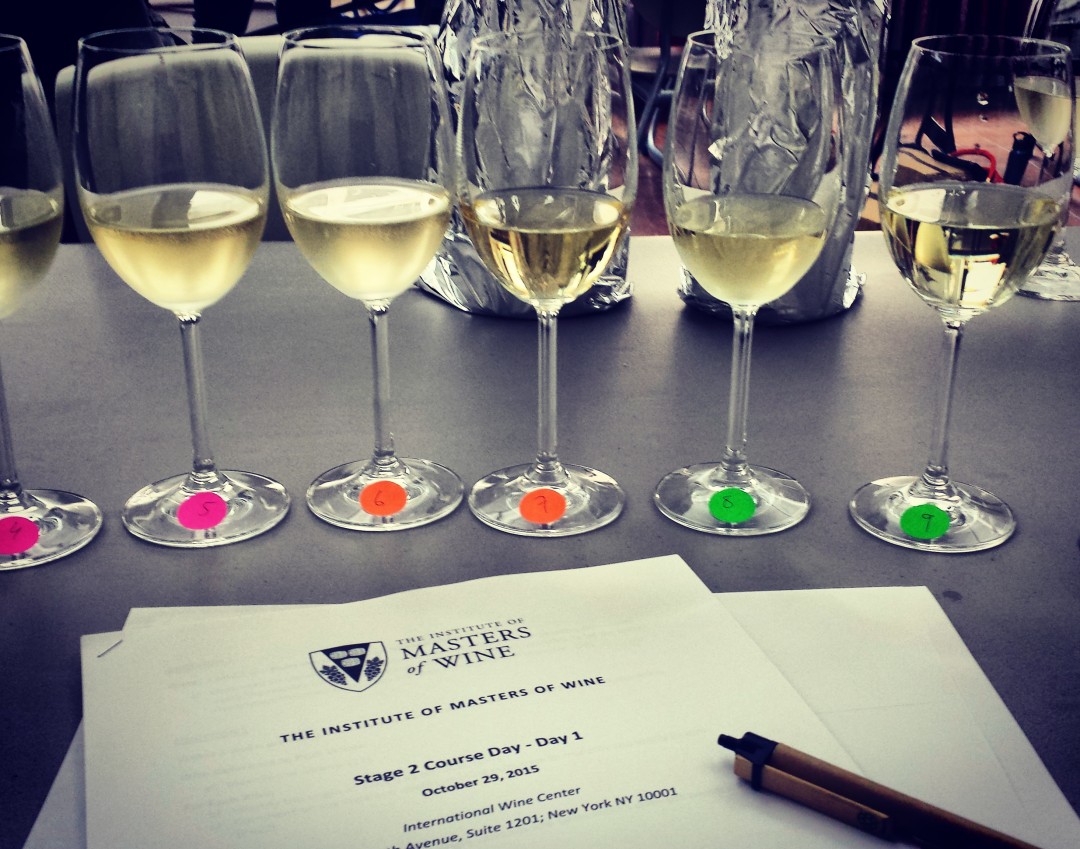The phone call came on a balmy day in late August of 2020. I had been waiting for weeks. In truth, I had been waiting for years. My dream of becoming a Master of Wine began over a bottle of 1982 Château Léoville-Las Cases. This prized bottle from my father’s cellar was opened to celebrate my imminent departure for Burgundy to pursue my first wine degree.
It was 2004. My father, a great wine lover, beamed at me across the table and declared that this was just the start; that one day I would achieve the title held by the authors of his favourite wine books. I scoffed at the notion, but as the years past the idea kept rattling around in the back of my mind like some pesky pebble in my shoe.
Work, life, travel, love, the prospect of motherhood. I kept finding reasons to postpone my studies. Until, in 2014, after a four-year struggle with infertility, it was time to make some radical changes.
I finally applied to the Institute of Masters of Wine, started planning a move back to Canada, and of course, promptly found out that I was pregnant. And so, the course for the next six years of my life was set.

To say that I was incredibly nervous and intimidated upon arrival at my first Master of Wine student seminar is a colossal understatement. Showing up five months pregnant did little to help matters. The week took place in Rust, Austria. Every morning, my fellow 50 students and I did practice tasting exams and every afternoon we learned more about the growing, making, packaging, bottling, shipping, and selling of wine around the world.
I came away buzzing with new ideas, new friends, and acquaintances, but also awestruck at how much there is to learn about wine. Books like Stephen Skelton’s Viticulture and David Bird’s Understanding Wine Technology became my bedtime reading.
Over the next few years, I studied like a have never studied before. I rocked my baby in his little chair with one foot while blind tasting. I spent weekends learning about rootstocks and soil pH. I made dozens of recordings so that I could listen to theory notes while walking the dog or chopping onions for dinner. I bought a coravin so I could taste wines again and again.
My studies took me to wine regions across the world, and to study centres in California and England. All the while, my network of Masters of Wine and MW student relationships grew. And so did my family. A second pregnancy with a due date uncomfortably close to the second stage exams meant that I had to defer for a year. I spent 2017 fretting that I would forget all the knowledge I had worked so hard to cram into my recalcitrant brain.
I failed the tasting portion of the exam not once, but twice. My ego was badly bruised, and I started entertaining the fear that maybe I lacked some innate talent or skill and would never make it across the finish line. Perhaps all the time, the money, the stress had been for nothing?
They say that pride comes before a fall, but I think it depends on its form. When I thought back to my father’s pride at that dinner table so many years before, and that of my mother and husband, who championed me every step of the way, I knew I had to keep going.
I finally passed all parts of the second stage Master of Wine exams in 2019. My sense of relief and joy was immense, as was my trepidation for the next requirement of the study program: a lengthy academic research paper.
Finding a worthy topic that can contribute to the body of knowledge on the subject, that that there is enough material to study but hasn’t already been studied to death, that meets the approval of the Institute, that you feel you can do justice to, and that actually interests you is no easy feat. At least it wasn’t in my case.
When I had found the topic, done the research, and started analyzing it, another challenge presented itself… a global pandemic! So, there I was, with three and five-year-old boys at home all day and a 10,000-word paper to write. The weight of those lonely late night writing sessions was enough to make me want to give up all over again.
Fast forward five months, and the long-awaited phone call. On the other end of the line was Adrian Garforth, Executive Director of the Institute of Masters of Wine. After some polite chit chat, nearly drowned out by the shouts of my rowdy boys, Adrian laughed and said, “your children seem excited, which is good since there is so much to celebrate”.
Covid restrictions meant that we had to limit the festivities to our small family circle but that didn’t stop us from popping Champagne corks and dancing around the kitchen in wild abandon. It was a magical evening, with the even more exciting prospect of traveling to London for the graduation ceremony.
After 19 long months of covid variant upon loathsome variant, we were finally able to travel to London last week. The event takes place at Vintner’s Hall, the birthplace of the Masters of Wine study program nearly 70 years ago. It is a beautiful old building on the banks of the Thames, all dark wood panelling, plush carpets, and regal portraits.
Liveried trumpeters played as we made our way into the hall, to the applause of our families, friends, and fellow MWs. Though I had had many months for the news to sink in, I still found myself overcome with emotion as I made my way to the stage to receive my diploma. Knowing that my husband, mother, brother, and sister were all there to share the moment filled me with gratitude.
The Bollinger flowed freely as everyone mingled and caught up after the ceremony. Looking across the sea of happy faces it was hard to imagine the distanced, masked, isolated existence we had so recently traversed, and perhaps will again.
The memories of that night will surely stay with me for many years to come. As will every exhausting, exhilarating, overwhelming, terrifying, and jubilant step along the way.
To learn more about the Masters of Wine program, check out the video below.

